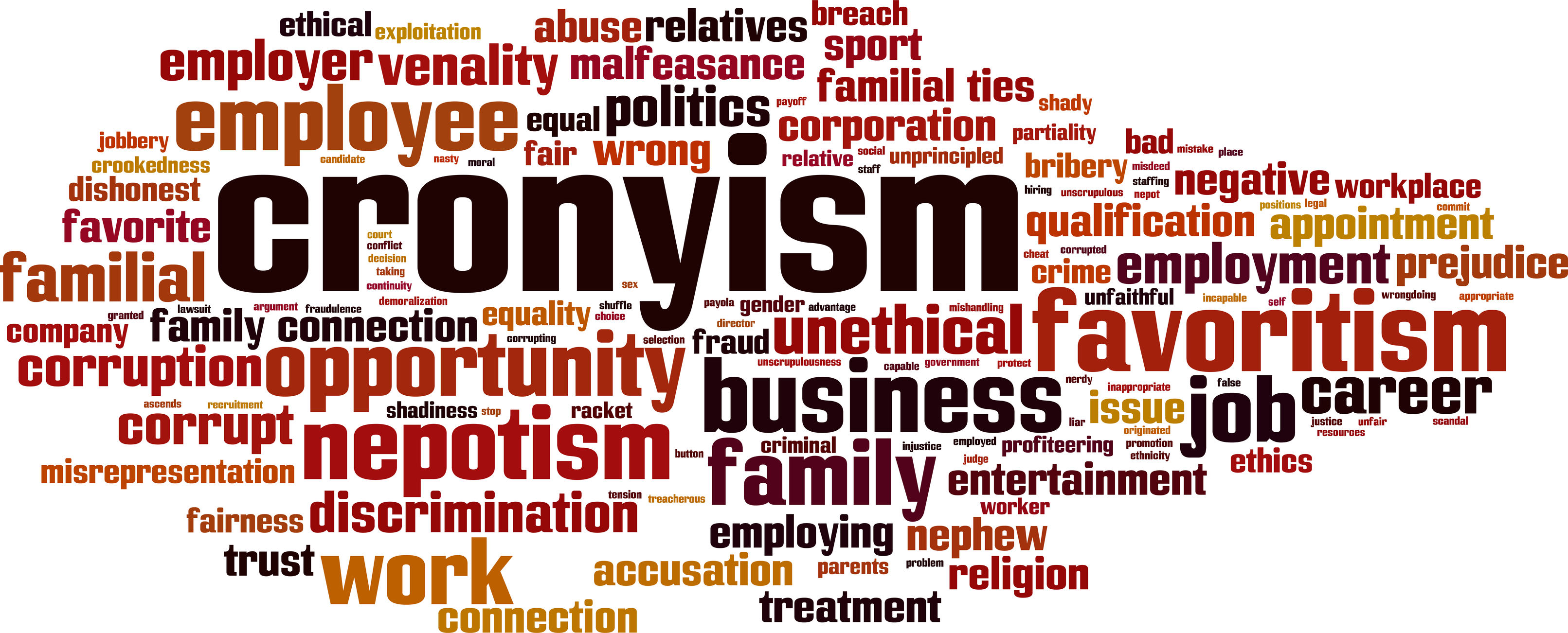The Kansas Supreme Court ruled that school funding is inadequate, though justices stopped short of requiring a specific dollar amount necessary to meet that standard.
The Court found school block grant funding, which expires on June 30, to be unconstitutional. That date is now a Court-mandated deadline for legislators to adopt a new school funding formula.
The Supreme Court opinion formally sided with plaintiffs–a trio of school districts who argued school funding is inadequate. Justices didn’t say how much funding is required. Instead, the opinion only requires that school funding be “adequately calculated.”
Kansas Attorney General Derek Schmidt urged the legislature to act quickly. “Lengthy delay would impose needless strain and uncertainty on parents, students and school employees,” Schmidt said in a statement.
Student Performance
The Court determined that student achievement improved between 2003 and 2012 following previous lawsuits. Justices opined that student performance declined in 2012 due to dips in base-state-aid-per pupil funding that began in 2009. Overall funding remained stagnant or increased slightly.
Justices specifically cited recent test scores revealing that a high percentage of minority students are failing to meet proficiency standards.
Though the Kansas Department of Education recommended an influx of more than $500 million in school funding to the Court, justices stopped short of demanding a specific dollar amount. Justices recommended legislators consider previous audits and studies that suggest $4,654 per student might pass Constitutional muster if weightings included in a new formula aligned with an old legislative post audit. Justices opined that their guidance, however, is incomplete.
“Our adequacy test…rejects any litmus test that relies on specific funding levels to reach constitutional compliance,” the opinion reads.
“Today’s ruling implies that the main focus needs to be on better educating those kids who are performing most poorly,” Schmidt said. “In developing the new formula, the Legislature should once again ‘show its work’ to demonstrate to the Supreme Court how the legislative choices are reasonably calculated to have all Kansas public education students meet or exceed performance standards adopted by the Supreme Court.”
Legislative Recess
Legislators are in recess this week, but today marks day 47 of a 90-day legislative session. House committees have heard testimony for three different school funding proposals so far. However, two of the three proposals are based on an old formula that has been repeatedly litigated.
The Supreme Court’s 83-page opinion was a response to part of a lawsuit filed in 2010 under an old school funding formula. Under the old formula, public schools received funding based on weighted population. A student could count as more than one student depending on a variety of factors like low-income, bilingual, or using a district’s free and reduced lunch program.
The Senate Education Committee focused on hearings on different components of the old formula during the first six weeks of the session, according to committee chair Sen. Molly Baumgardner, R-Louisburg. The goal is for committee members to have a foundation for decisions in the last half of the session.
“I think most people can agree that the Supreme Court has ruled as such that the old formula wasn’t outcomes based,” Baumgardner said. “It’s money going in without any real connection to what those outcomes are coming out.”
Identifying At-Risk Students
One challenging part of crafting a new formula will be identifying at-risk students and making sure the funding follows the children in need, Baumgardner said.
“We truly need to have a means–similar to what we would do with a child with a special need,” she said. “We need to identify if a child is at-risk, do that early, and then they need to receive the very targeted assistance and support they need.”



